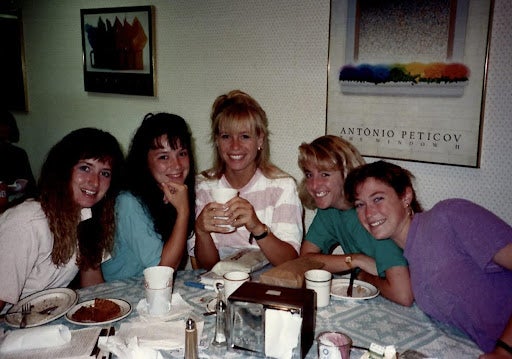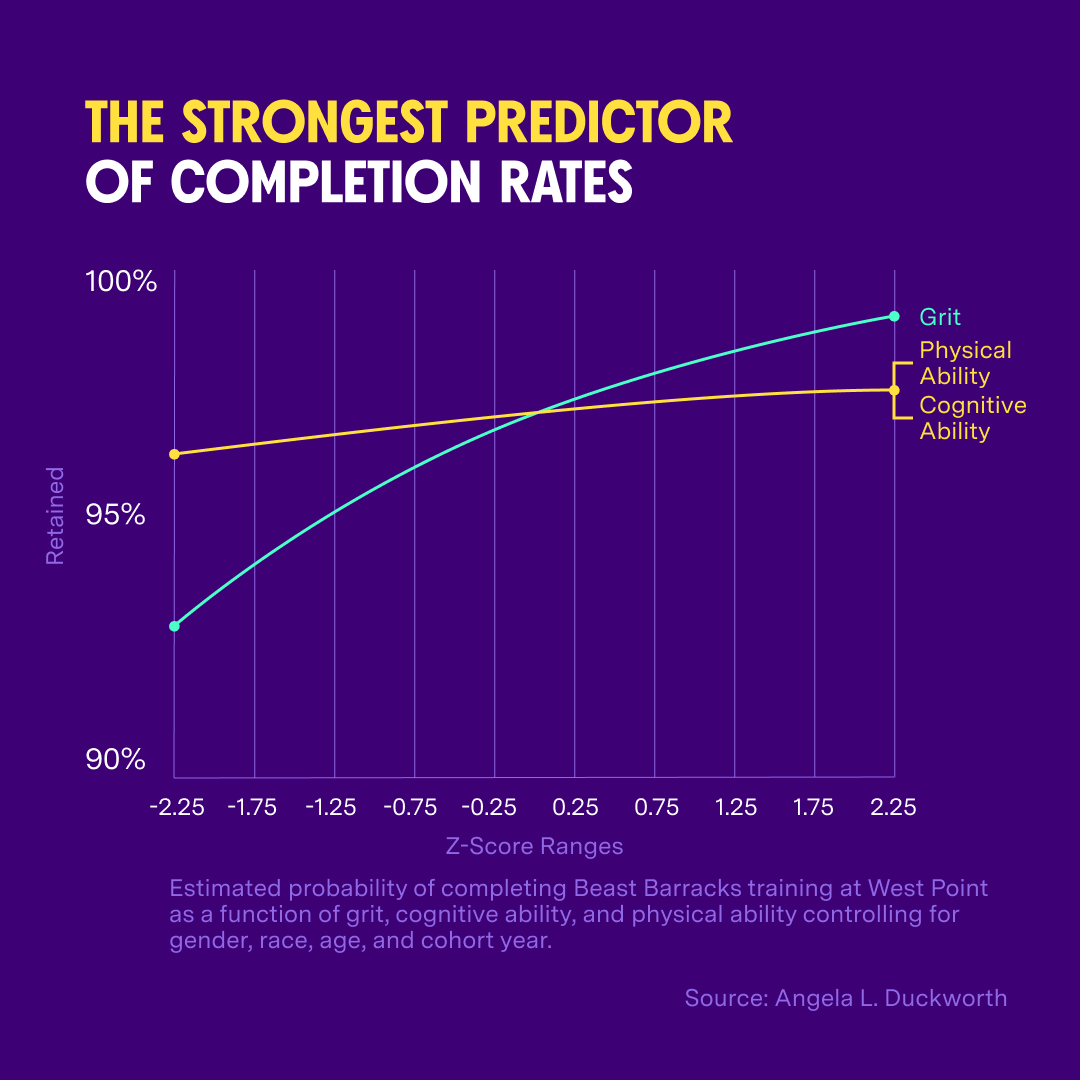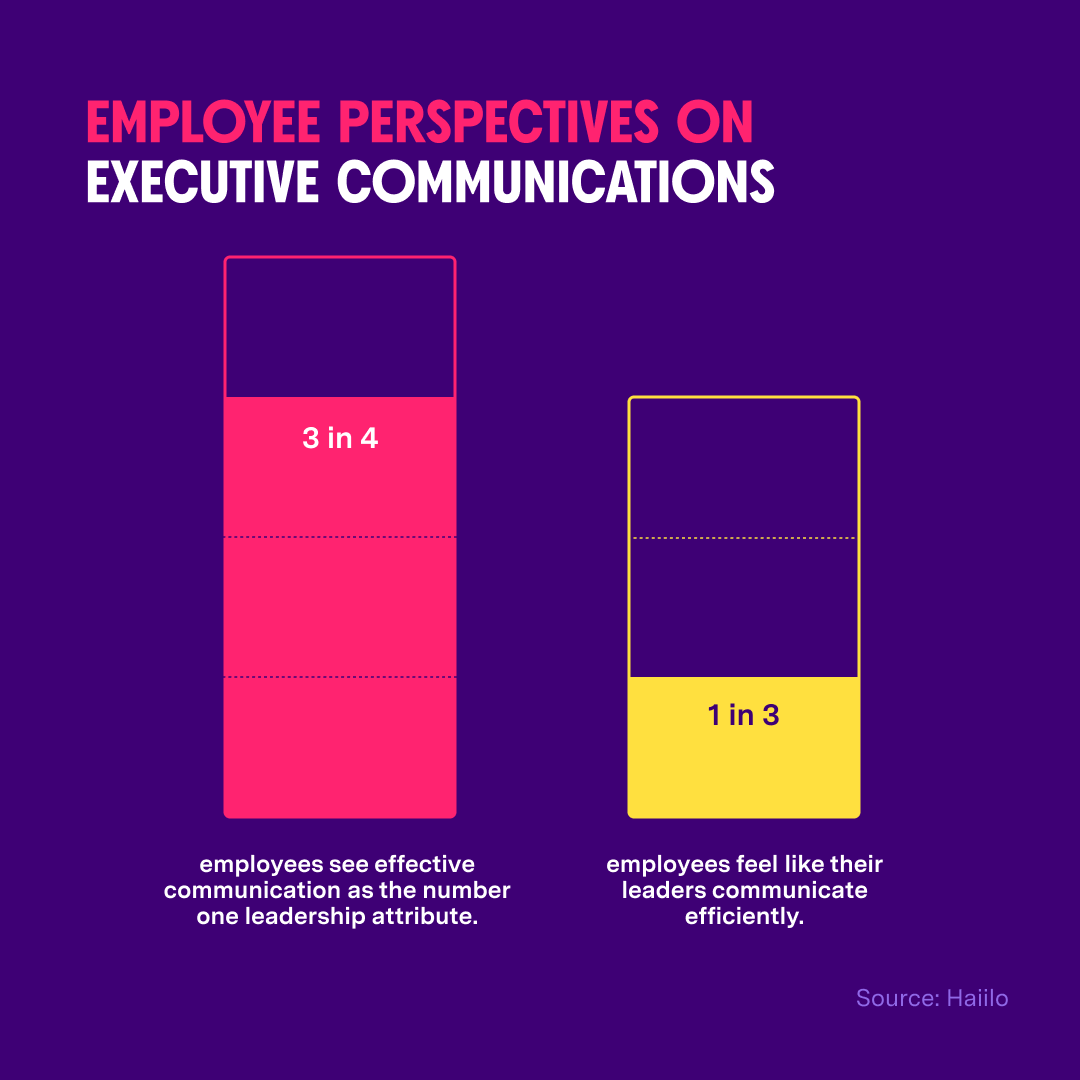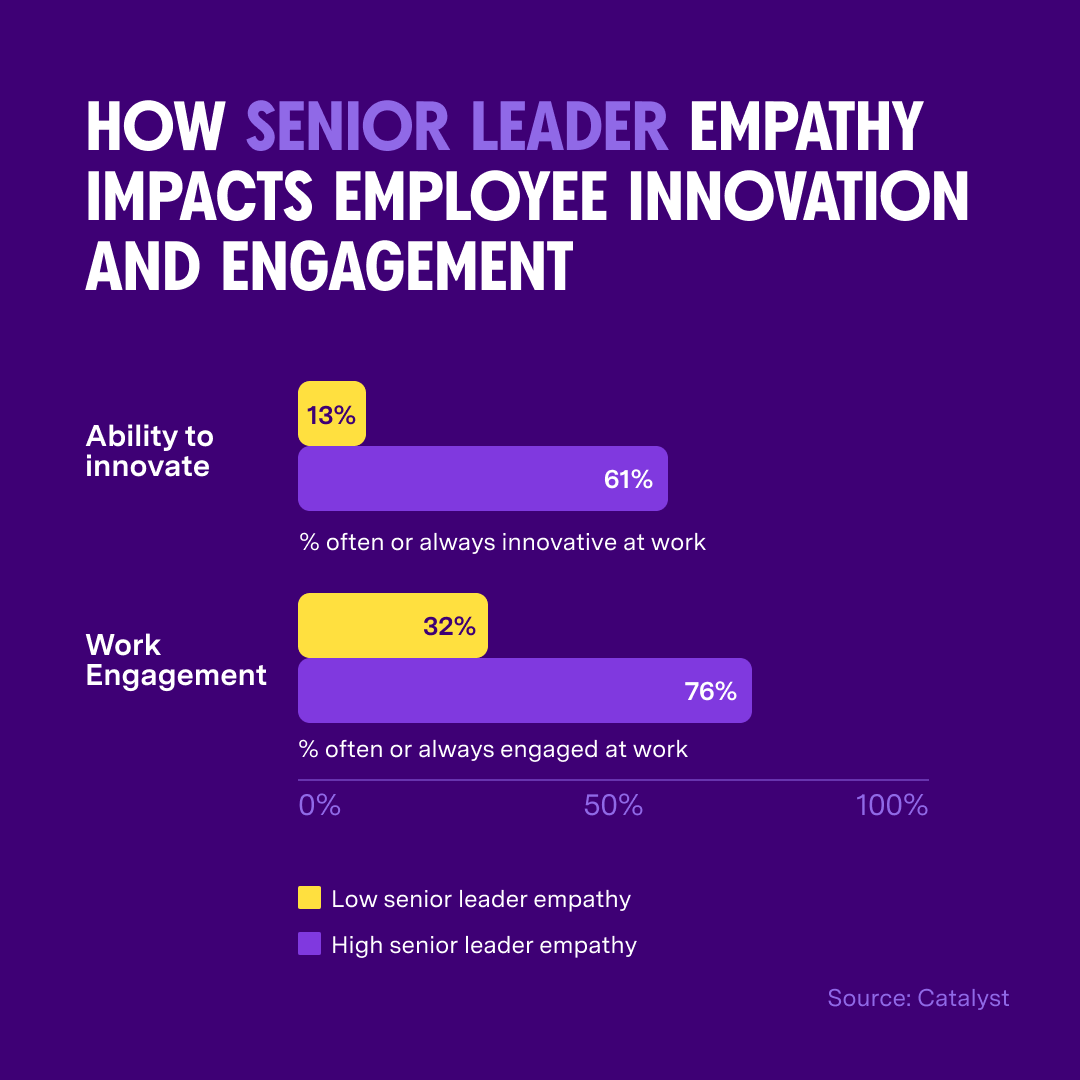
3 Traits executives need to thrive
There is no substitute for learning from personal experience.
And this rings true, especially for senior leaders seeking to thrive in their roles. We learn and grow from both easy and challenging lessons that define who we are, how we operate, and who we become.
Success comes from recognizing lessons learned and applying them as guiding principles throughout our careers.
This is why l’m eager to share a few lessons learned from my own personal experience. And as a big believer in the power of data, each lesson will be backed by research.
Here we go…
The school of hard knocks
For all four summers in college, I sold books door-to-door.
This was hardly the “it” job! People thought I was crazy. As my friends sought competitive internships or had fun lifeguarding in the sun, they wondered why in the world did I opt to sell books. As you can imagine, door-to-door salespeople are not always greeted with the warmest welcome when people open their doors.
Selling books door-to-door was incredibly challenging.
It’s likely the hardest job I’ve ever had.
I worked 80 plus hours per week, every week of my summer, selling educational books door-to-door. I lugged a bulky 25-pound book bag over my shoulder as I walked, or often ran, miles and miles from house to house each day.
I knocked on doors for 14 hours per day Monday through Saturday, demoing my books more than 30 times per day. Even Sunday wasn’t a rest day, as we met up for team meetings to prep for the next week.
But don’t let those smiles fool you – selling books was both challenging and character-building. However, from this experience, I learned the 3 traits every senior leader needs to succeed.
I sold books rain or shine – in sheets of pouring rain and in 100-degree scorching heat.
Dogs chased me and nipped at my ankles.
Police in patrol cars stopped me after neighbors reported me as suspicious.
My bookbag literally caused dents in my shoulders.
And my nickname was Blisters due to the massive and painful blisters on my feet.
Hundreds and hundreds of doors were literally
slammed in my face.
Selling books was hard.
But selling books was character building. It was a crash course in life.
On people. On relationships. On communication.
On success. On failure.
On resiliency. On how to never quit. On how to always get back up.
Those summers taught me guiding principles I still value today. Hard work. Positive attitude. Commitment. Belief. Integrity. Passion. Risk-taking. Thinking big. Being yourself. Making an impact.
Selling books helped develop me into the person I am today.
Reflecting on my bookselling days years later, I’m struck by how many of these character-building traits are foundational for a successful career. This got me thinking: how was this summer job the ideal boot camp for leadership?
Selling books was instrumental in teaching me some foundational traits essential to be successful in business.
3 traits senior leaders need to thrive are…
…Grit, communication, and empathy.
While all great qualities, a data-driven answer gives a more nuanced and enlightened perspective to the benefits of each.
These traits weren’t just helpful on the bookfield. According to the research, data shows that grit, communication, and empathy have meaningful and enduring impact. Let’s take a look at these three traits.
Grit – I believe grit was one of the main reasons I was successful selling books.
I not only worked hard, I learned to keep on going and to never quit, even when faced with constant rejection. And this wasn’t light rejection, as the no’s often involved doors being slammed in my face. This work demanded perseverance, drive, dealing with adversity, and the ability to focus on what I could control.
Although I never knew how the person answering the door would react, I learned to always put my best foot forward and control my own attitude and response.
During these college summers, students often followed me to observe and train. At the end of the day, I’d ask them what they learned.
The answer usually went something like: “Kelly, by following you, I expected to see something amazing. But, no offense, I didn’t. You use the sales pitch word-for-word. You work longer hours, do more demos, and talk to more people than anyone else. You don’t do anything extra special. You just work harder.”
In today’s vernacular, they were saying I had more grit.
In today’s world, companies often put too much emphasis on prior experience and not enough weight on grit. Of course, quality is important, but hard work and grit can get you very far.
Research supports this too.
In fact, Angela Duckworth has a large body of work on grit (which is why she recently spoke at the Gong Celebrate Summit) but one of her most notable studies is on cadets from the US Military Academy at West Point.
To examine predictors of success, she conducted an analysis of over 10,000 cadets entering the program. One study finding was that “grit seems to be independent of cognitive ability and has demonstrated incremental predictive validity, over and above cognitive ability, for achievement, particularly for goals and personal significance.”
The research concluded that noncognitive aspects, including grit, can be better predictors of overall success than cognitive abilities.
This shows that we should strive to build teams with grit to help us drive high performance and success. We want passionate people with drive who will work hard and roll up their sleeves to do what it takes to get the work done.
Communication – What you say and how you say it matters. I learned this (you guessed it) selling books.
When knocking on doors, I learned people make a decision in a matter of seconds as to whether they would open their door to let me in or close the door (or even slam it in my face.) The words mattered, but so did tone, delivery, and non-verbal cues. In order to influence someone to open their door, I had to emotionally connect through limited communications very quickly.
This is true of all communications, especially in the workplace. The most effective leaders are excellent communicators.
The data backs this up.
According to Haiilo, 3 in 4 employees named effective communication as the number one leadership attribute. However, less than 1 in 3 employees feel like their leaders communicate efficiently. Definitely room for improvement.
Effective communication fosters trust. Drives engagement. And leads to improved results. This is an opportunity for us as leaders.
Get communication right, and you’ll boost employee morale. In fact, research shows that leaders and managers directly account for up to 70% of the variance in employee motivation and happiness. Remember what I said about communication impacting results?
Empathy – In my four summers selling books, I met over 12,000 families in their homes. I saw everything you can imagine — the good and the bad. I connected with moms, dads, grandparents, caretakers, and thousands and thousands of kids.
Selling books made me fall in love with sales, as I got to spend my day hearing so many personal stories. I enjoyed finding ways to connect and help people by understanding their unique situation, needs, and desires. I felt joy when having a positive impact on these families and their kids’ education.
I didn’t know it at the time, but I was practicing empathy every day.
I was flexing this empathy muscle way before my realization of how critical it would be for my future success.
We are hearing about empathy all the time these days. (Finally!)
The past two years during this global pandemic have taught us that empathy is mission-critical, not only to business success, but also to building community and mutual understanding.
Being able to understand each other’s point of view, embracing diversity of thought, and taking all perspectives into account when making decisions matter. Big time!
The positive ripple effect that empathic leaders have across their organizations is staggering.
A new study of 889 employees by Catalyst found empathy is an important driver for innovation, engagement, and inclusion. This is even more true in times of crises. The study shows that empathy is more than a nice-to-have; it is a strategic must-have.
As our teams go through tough times, struggle with burnout, and prioritize mental health, empathy fosters increased psychological safety and contributes to positive experiences and cultures for individuals and teams.
Put yourself in your employees’ shoes as often as you can. Seek to understand. Think about things from their perspective and approach the situation from a place of understanding.
HOW WE IMPROVE
Wherever you are in your own personal journey as a leader or executive, I encourage you to take inventory.
Then I challenge you to take it a step further.
Do you recognize, celebrate, and develop those with grit? Pay attention to those who put in the hard work. Those who are passionate with a “fire in their belly”. Invest in gritty team members. They will help your organization thrive.
Want to communicate better? Practice active listening. This is one of the reasons I love Gong — it keeps my talking versus listening in check. (Anyone that knows me knows this is a constant area of development!) Then ask for feedback on how you can better communicate.
Do you lead with empathy? Seek to understand. Be curious about diverse viewpoints and perspectives. Invest in truly understanding the other person’s point of view.
Who knew back when I was 18 that selling books would provide me with character-building skills that I’d carry to this day.
These are some of the learnings that stayed with me from The School of Hard Knocks.
You’ve no doubt had your own transformative experiences that helped shape who you are today.
I’d love to hear from you – what was a transformative experience early in your career? What did you learn?
Here is part of my journey. I can’t wait to learn and grow from yours.
Until next time,
Kelly



